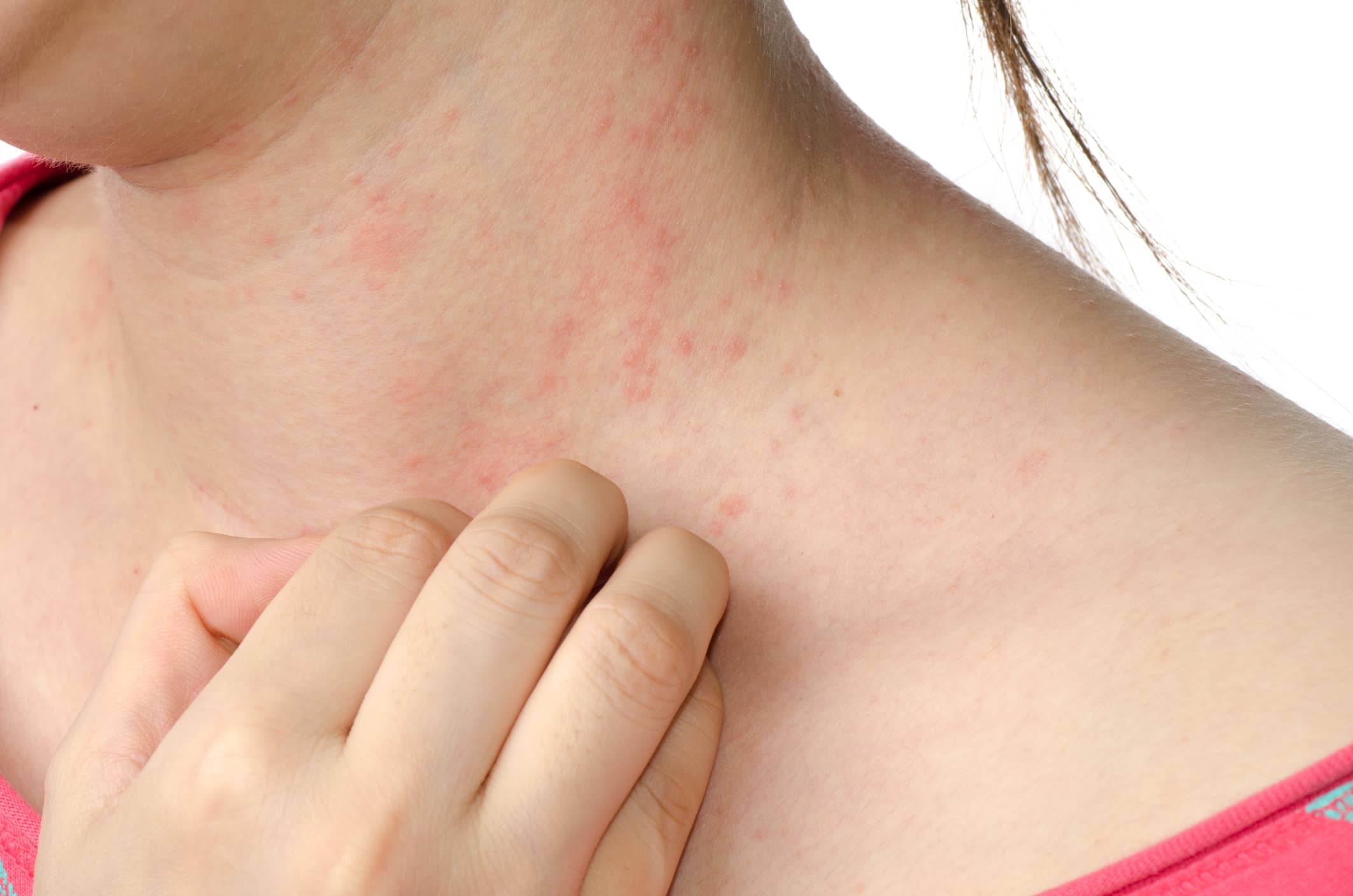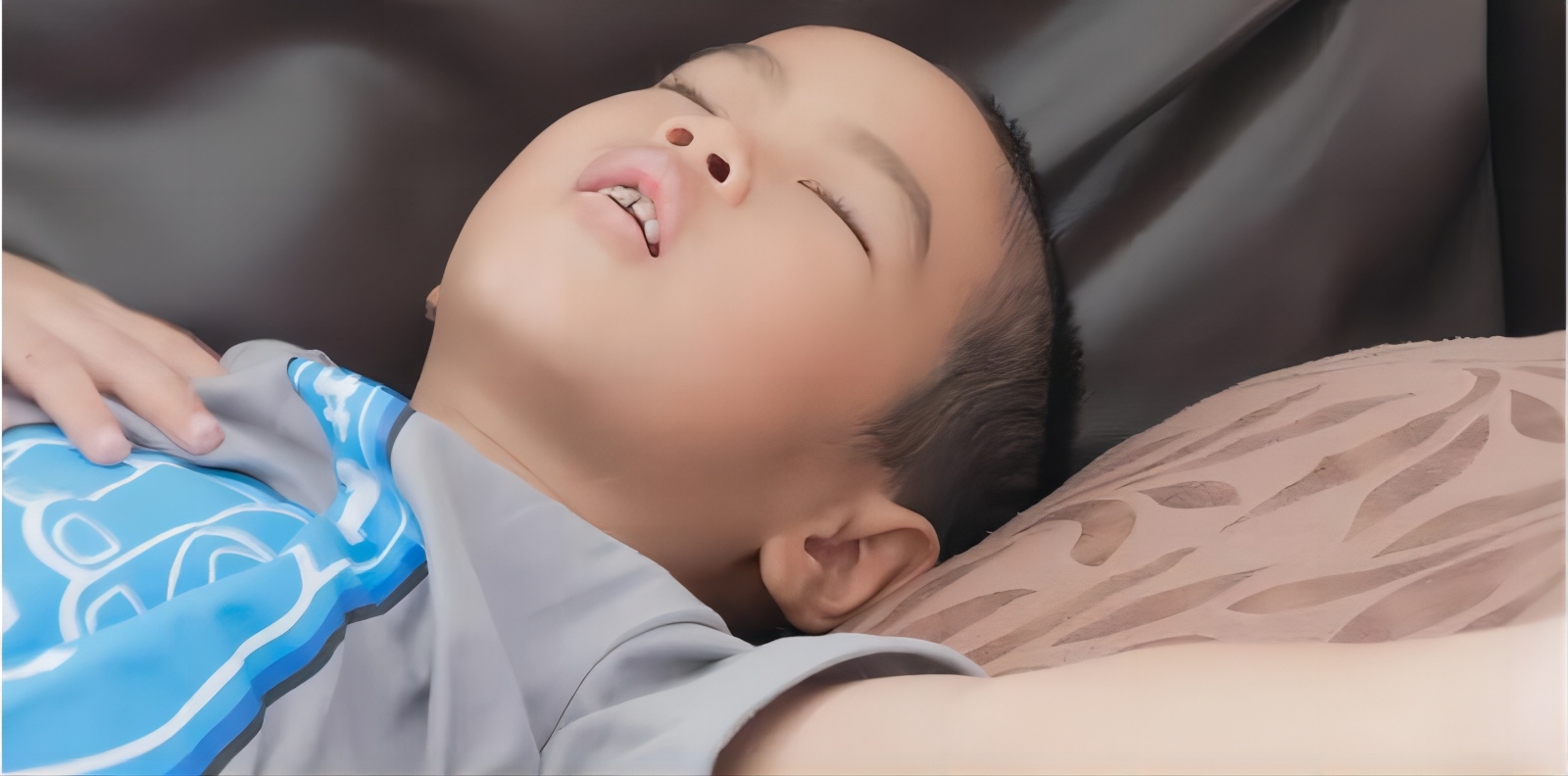Neurodermatitis, also known as chronic lichen simplex, is a relatively common skin disease. It is currently believed to be related to neuropsychiatric factors. The main symptoms are paroxysmal severe itching and lichen-like degeneration of the skin (the skin becomes thickened and roughened, and the texture of the skin surface becomes obvious, dividing the skin into a grid). It is more common in young and middle-aged people.
What are the main skin symptoms of neurodermatitis?
The main skin lesion of neurodermatitis is lichenification. Patients with itching will continue to scratch, resulting in thickening and roughening of the skin. The texture of the skin surface becomes obvious, dividing the skin into a grid, similar to the neck of a cow.
What causes neurodermatitis?
The cause and pathogenesis of neurodermatitis are currently unclear. Judging from the naming of the disease, it is generally believed to be related to neuropsychiatric factors. Emotional stress, irritability, overwork, insomnia, anxiety, etc. can all lead to the occurrence and recurrence of rashes.
Other common triggers include mosquito bites, sun exposure, endocrine disorders, gastrointestinal dysfunction, infection, alcohol consumption, eating spicy food, local woolen fabrics, friction with rough and hard clothing or chemical substances, etc.
What are the common treatments for neurodermatitis?
Systemic treatment: antihistamine drugs (such as cetirizine tablets, loratadine tablets, ebastine tablets), calcium, etc. can be used to relieve itching, supplemented by oral administration of vitamin B group; it can be used for severe itching Sedatives; if the rash is widespread, procaine vein closure can be used;
Local treatment: You can choose topical glucocorticoid ointment, cream, or solution; for those with thick skin lesions, you can pack it or combine it with topical 10% black bean distillate ointment. For refractory skin lesions, triamcinolone acetonide injection can be administered locally into the skin lesions;
Physical therapy: Photochemotherapy (PUVA) can be used to treat generalized neurodermatitis and narrow-band ultraviolet light (N-UVB) can also be used; superficial X-ray, ultraviolet, and helium-neon laser irradiation can also achieve good results. Liquid nitrogen freezing, magnetic therapy, wax therapy, mineral baths, etc. can also achieve better results.
What should patients with neurodermatitis pay attention to in their daily lives?
It is important to pay attention to moisturizing the skin. Avoid bathing with overheated water to reduce irritation to the skin; use moisturizer all over the body after bathing to avoid dry skin; the quilt should not be too thick when sleeping at night to avoid irritation of the skin due to heat; try to choose Use pure cotton underwear to avoid irritation from chemical fiber clothing.
To relieve tension, patients should remain optimistic and prevent excessive emotions. In particular, they should avoid emotional stress, anxiety, and excitement. They should strive to live a regular life and pay attention to the balance between work and rest.
Reduce scratching irritation. The most important reason why neurodermatitis is repeatedly delayed and the skin is thickened and rough is the scratching induced by severe itching. Therefore, patients should establish confidence that the disease can be cured and avoid scratching and rubbing forcefully. This is an important link in cutting off the above-mentioned vicious cycle.
Improve your eating habits and try to avoid spicy food, fish, shrimp, alcohol, and other irritating foods.
How to prevent neurodermatitis?
Keep your mood comfortable at ordinary times, and pay attention to adjustments when the pressure from work or study is too high.
Pay attention to a balanced diet, eat some fresh fruits and vegetables every day, and try to reduce the intake of seafood, spicy, and other irritating foods.
Carry out physical exercise according to your situation to improve the body’s immunity.
Pay attention to moisturizing your skin and protecting yourself from the sun, and take precautions when going out, such as applying sunscreen, wearing a sun hat, and holding a parasol.
Try to choose cotton and loose clothing. Chemical fiber and too-tight clothing may irritate the skin and cause itching.
When itching occurs, avoiding excessive and repeated scratching can reduce the occurrence of this disease.




